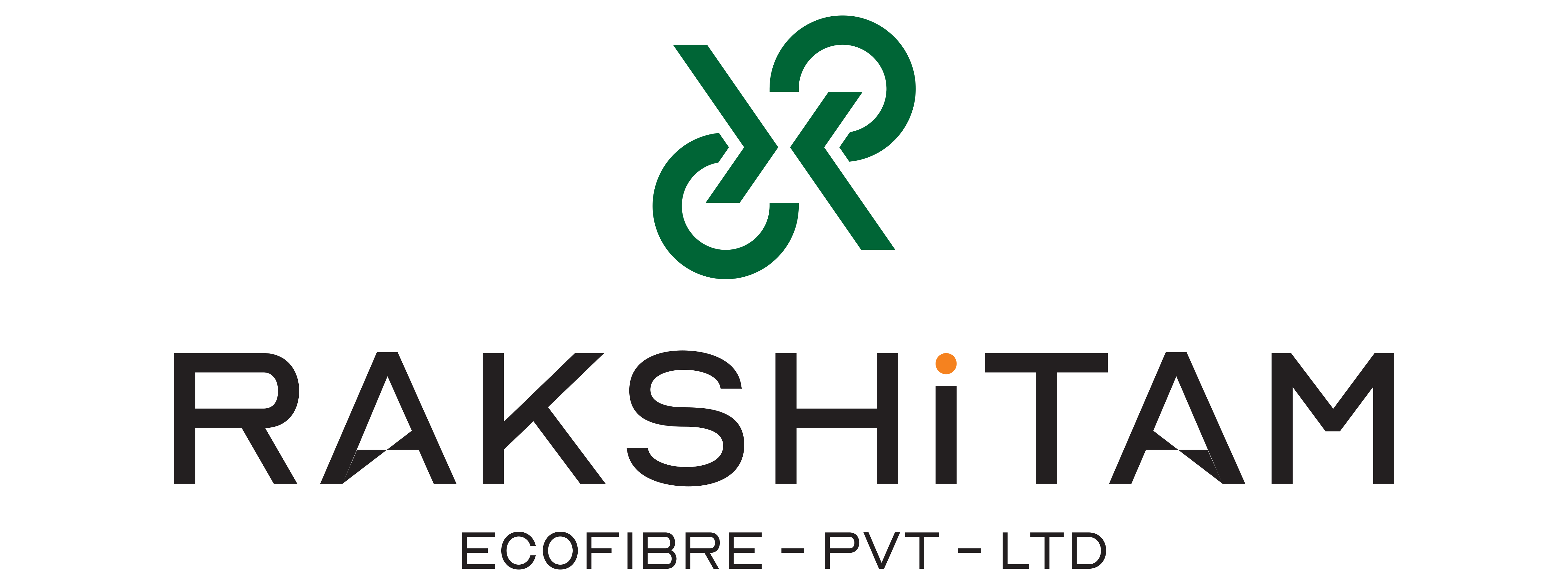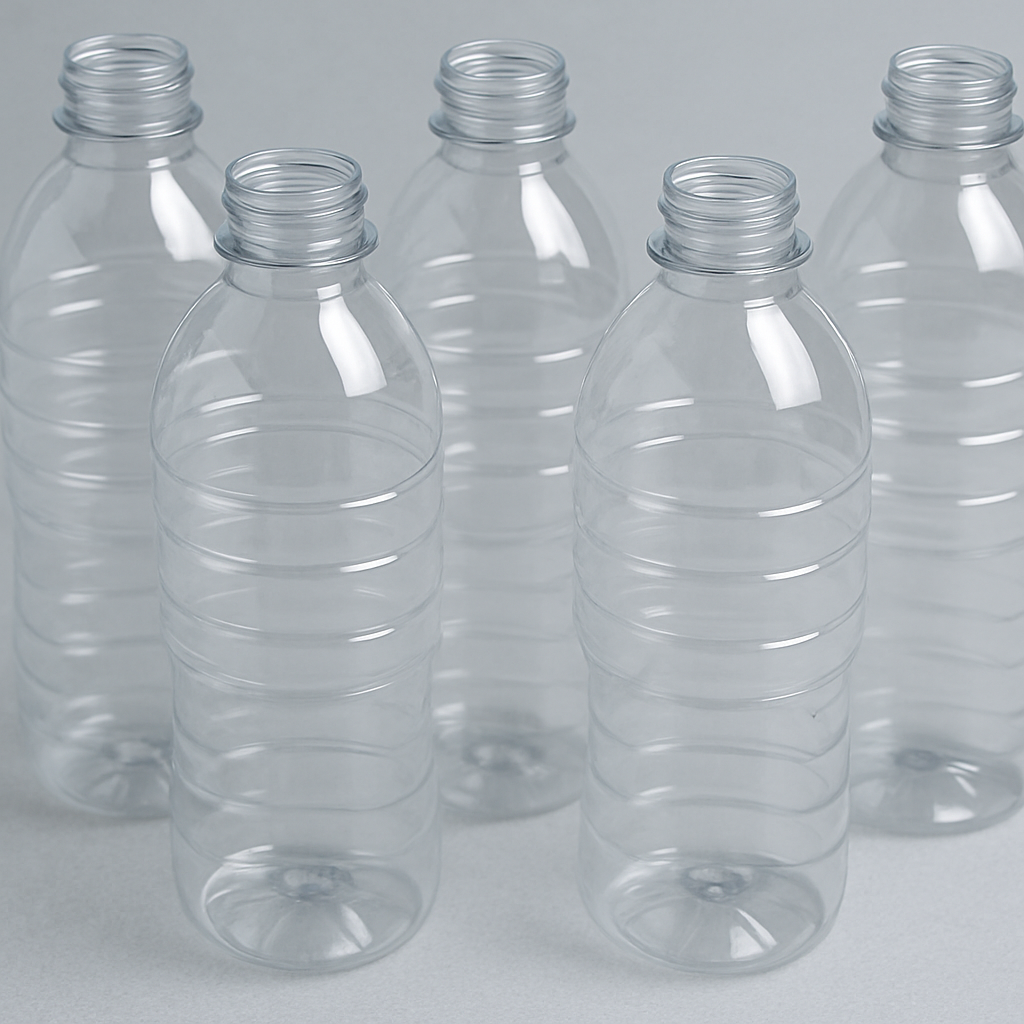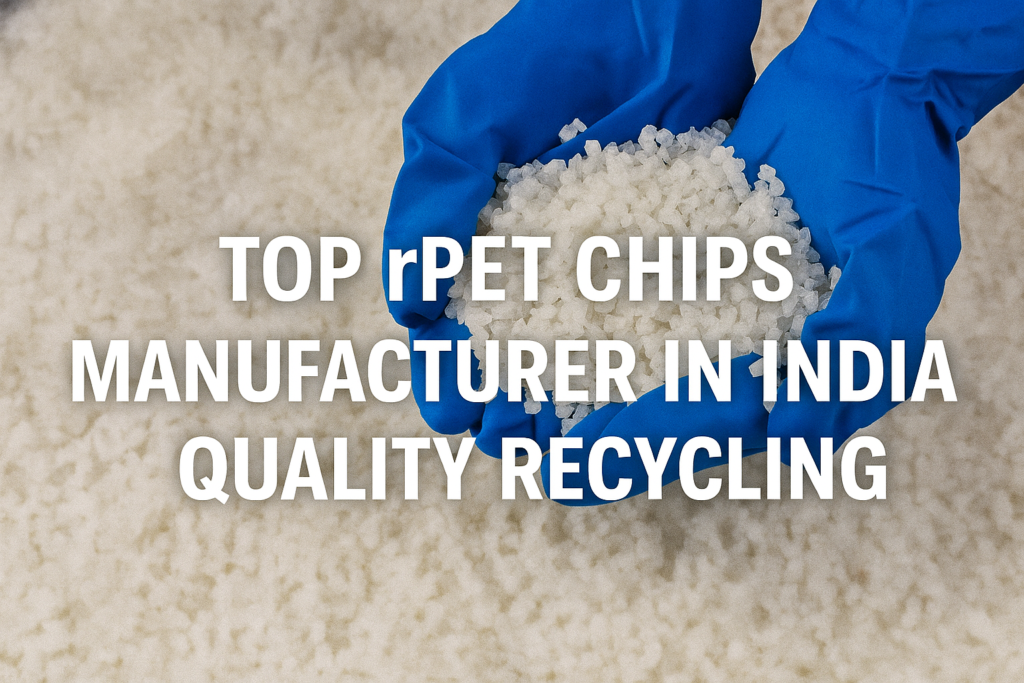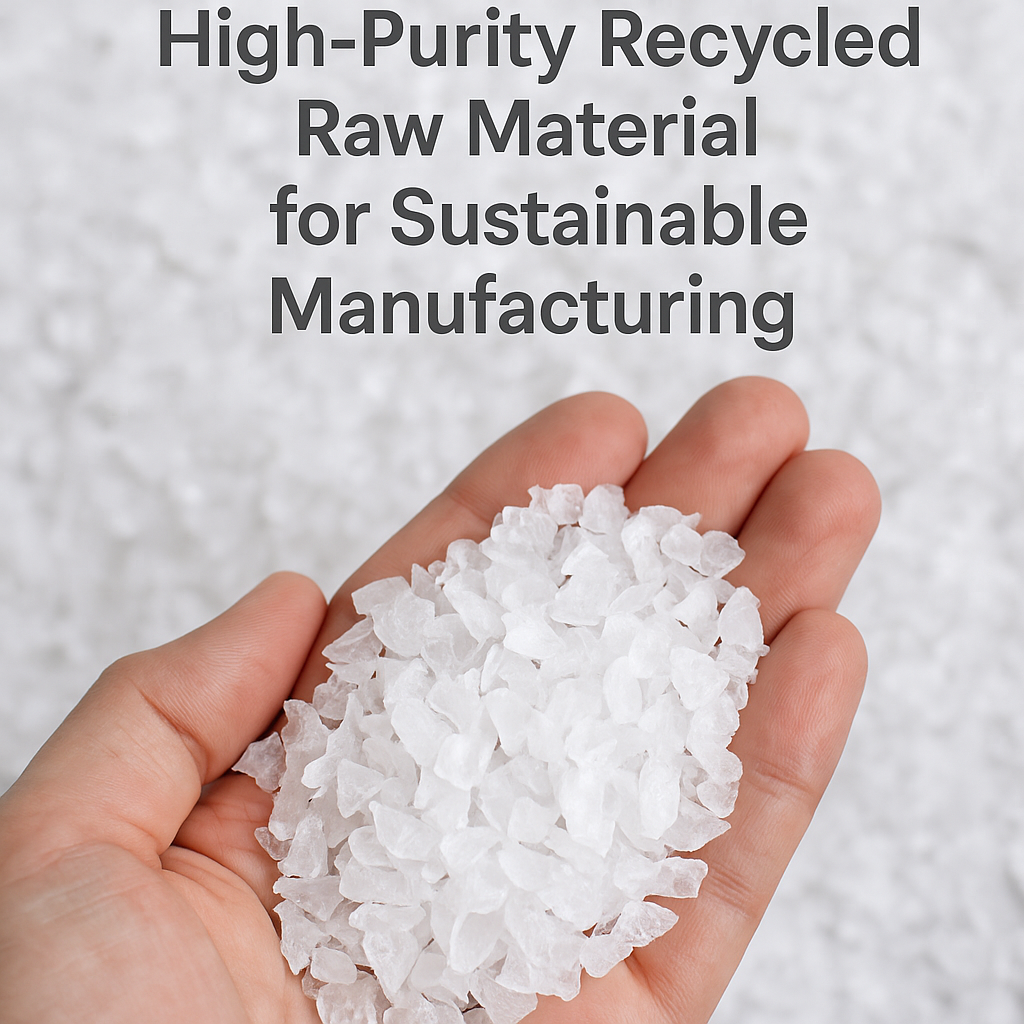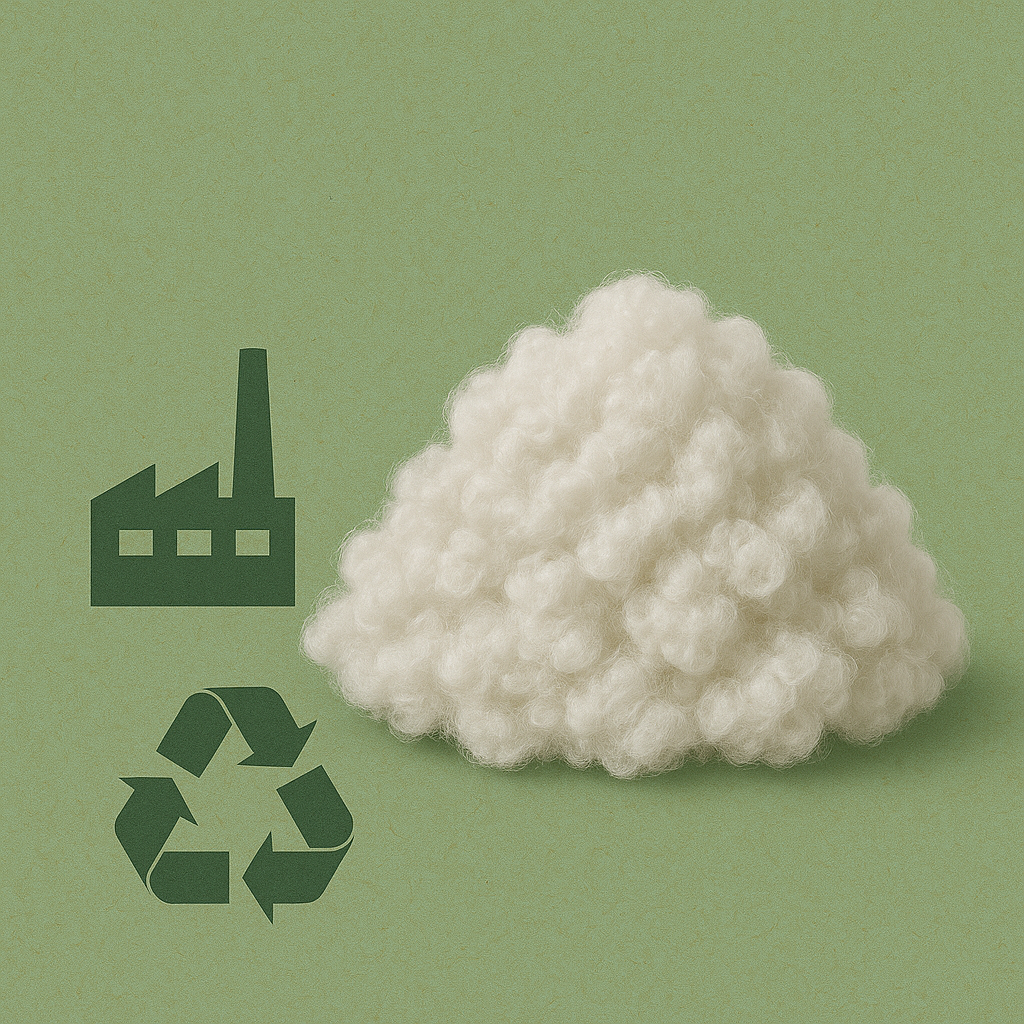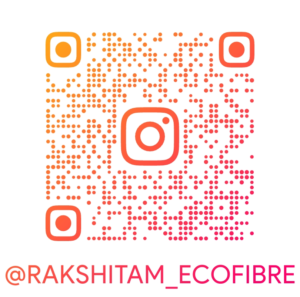Indubitably, one of the most dire problems that the world grapples with today is the rampant problem of plastic pollution. The case of PET (or Polyethylene Terephthalate) bottles being thrown away by the millions daily signifies a sustainable approach to addressing this issue. Thankfully, PET recycling technologies have made it possible to turn the waste into invaluable resources. One of the most astonishing things is that PET bottles can be converted into environmentally friendly fiber solutions. This process aids in substantially reducing plastic waste and also a circular economy is promoted where different industries reap the benefits and enhance their eco-friendly initiatives.
Steps Required For The Transmutation Of Plastic Waste To Eco-Friendly Fiber Derived From PET Bottles
Achieving the eco-friendly fiber solution made from a PET bottle requires quite a few essential steps or processes such as:
- Collection And Classification Of PET Bottles
The first step is to collect used PET bottles from houses, businesses, and recycling centers. Each is then sorted by type and color for optimal quality.
- Cleaning Followed By Shredding
Strict cleansing of the marked caps, labels, and any impurities is followed. The next step is shredding the cleaned bottles into small pieces, which are referred to as PET flakes.
- Extrusion And Melting
Extrusion and melting of the shredded PET flakes is done using very high temperatures. They must also be pushed through spinnerets to allow for the molding of long fiber. The yarn can then be spun and further woven into several fabrics.
- Final Processing
The composite materials are further worked on to increase their strength, texture, and color to suit specific needs. The materials can now be applied in many different industries.
Converting PET Bottles into Fiber and Its Benefits
Recycling PET bottles into fibers presents various advantages concerning the environment, economy, and society:
1. Environmental Considerations
- Decreases Waste in Landfills: Recycling PET bottles aids in stopping a large amount of plastic coming from landfills and oceans.
- Low Carbon Emission: Producing fibers from recycled PET emits less energy than producing virgin polyester, hence decreasing greenhouse gas emissions.
- Preserves Natural Resources: It reduces the amount of oil, which is a non-renewable resource, required for creating new plastics.
2. Financial Benefits
- Cost Efficient Material: Recycled fibers are less expensive than virgin counterparts; thus, offering financial benefits to manufacturers.
- Employment Opportunities: The recycling market creates jobs in the collection, processing, and manufacturing sectors.
3. Helps Sustain Economically Developed Industries
- Fashion & Textiles: More brands are now using recycled fibers for the production of eco friendly clothing and accessories.
- Home Furnishings: Products like carpets, upholstery, and bedding are now made from PET and considered recycled fibers.
- Automotive Industry: Recycled fibers find application in interiors, seat covers, and insulation materials of cars.
Innovations Driving Eco-Friendly Fiber Solutions
Advancements in technology thoughtfully enhance the quality and multifunctional use of fibers harnessed from recycled PET:
- Improved Recycling Processes Recycling techniques are introduced that chemically deconstruct PET into the foundational monomers, enabling perpetual recycling without degradation.
- Hybrid Textiles Recyclable PET is being blended with natural such as organic cotton and hemp, resulting in hybrid textiles that are both sustainable and high-performing.
- Other Uses Fibers made from recyclables PET are also used beyond clothing and furnishings in construction materials, geotextiles, and composite industrial materials.
Future Emphasis
The prospects for converting PET bottles into fiber solutions are promising:
- Increased Consumer Demand: There’s a growing shift amongst consumers opting for products manufactured from recycled materials due to increased awareness surrounding Eco-issues.
- Corporate Sustainability Targets: Numerous conglomerate brands have pledged to incorporate recycled content in their products, thereby increasing the available supply of Eco-friendly fibers.
- Supporting Policy: There are policies and incentives being adopted by governments across the world that encourage the use of sustainable materials and recycling.
Also Read: Top Plastic Recycling Company in India Converts Black PET Flakes into Valuable Products.
Conclusion
The recycling of PET bottles into eco-friendly fibers demonstrates the innovative capabilities of humanity in resolving sustainability issues. The recycling of plastic reduces environmental damage, resource consumption, and wasteland proliferation. This step alone marks a great achievement in sustainability. The sustainable fiber solutions technology will become more effective as consumers become aware of their benefits. This underlines the fact that you can use waste to create a change if approached correctly.
